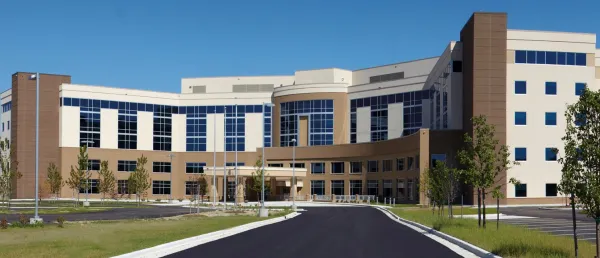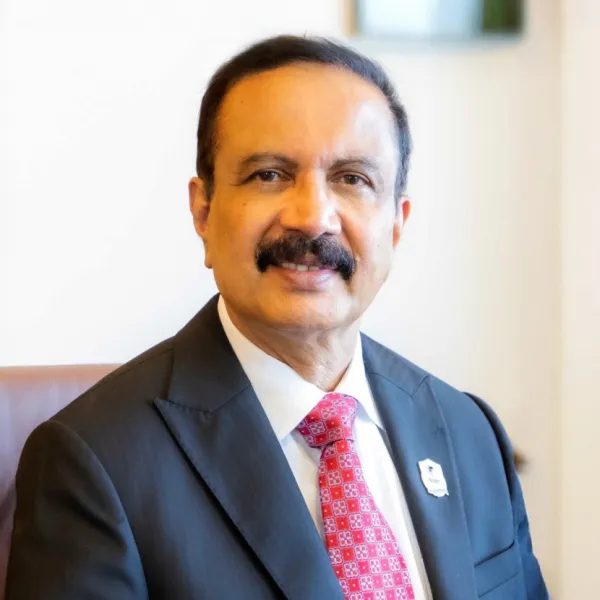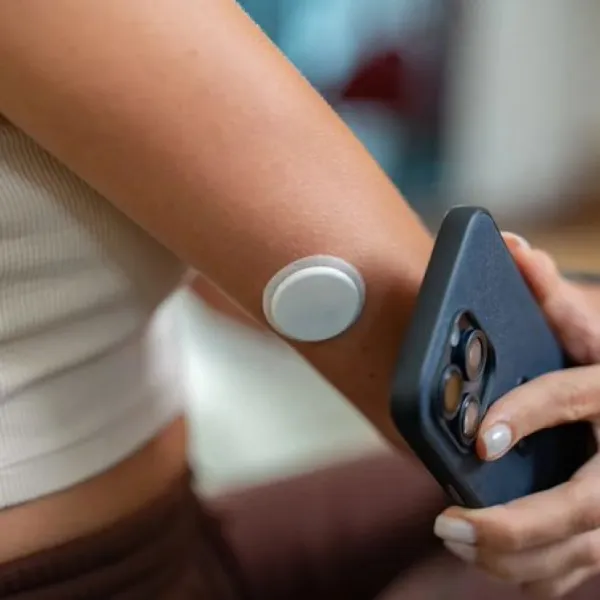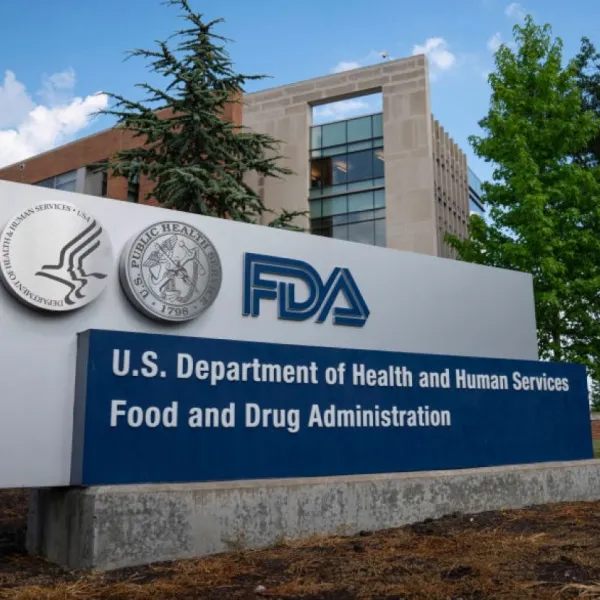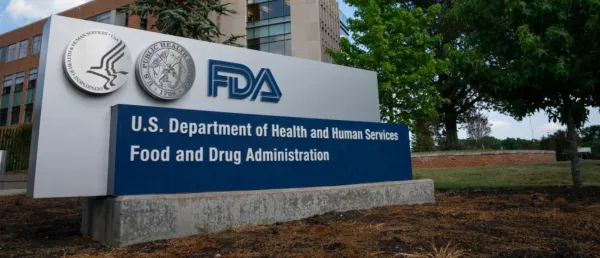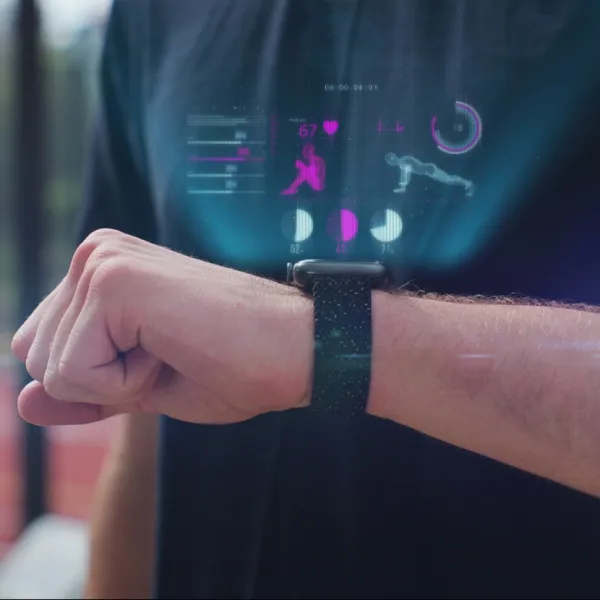Health Ministry Begins Integration of Health Portals to Streamline Data Management

Officials announced the move at the National Summit on Good and Replicable Practices and Innovation in the Public Healthcare System, which aims to reduce redundancy and ensure timely analysis of health programs.
The Ministry of Health and Family Welfare has initiated efforts to integrate various health portals under the National Health Mission (NHM) to improve data accuracy and streamline healthcare monitoring.
The move aims to reduce redundancy and ensure timely analysis of health programs, officials announced at the National Summit on Good and Replicable Practices and Innovation in Public Healthcare System.
Aradhana Patnaik, Mission Director, NHM, said, "The Ministry has already started work on the integration of portals and will soon share the first model designed."
The initiative follows ongoing efforts to merge the Health Management Information Systems (HMIS) portal—which tracks NHM and other health programs—with other digital platforms operated by the Union Health Ministry. The integration aims to facilitate real-time data assessment, improving the overall monitoring of healthcare initiatives.
Patnaik further highlighted NHM’s focus on operationalizing healthcare services and ensuring the implementation of National Quality Assurance Standards (NQAS) and Indian Public Health Standards (IPHS) certifications.
"We have conducted four regional conferences in FY 2024-25 to strengthen the delivery of twelve service packages at Ayushman Arogya Mandirs (AAMs)," she added.
According to the IPHS portal, India has 200,988 public health facilities, including district hospitals, sub-district hospitals, community health centers (CHCs), and primary health centers (PHCs).
"So far, around 30,000 facilities have been certified under NQAS, while 95 percent of public health facilities in India have been assessed as per IPHS," Patnaik noted.
Government’s Commitment to Healthcare Quality
Union Health Minister JP Nadda reiterated the government's commitment to strengthening public healthcare services. "We remain focused on ensuring quality and affordable healthcare for all," he stated during the summit.
The event aimed to document best practices adopted by states and Union Territories (UTs) and facilitate knowledge-sharing among healthcare stakeholders. Out of 165 submissions, a select number were shortlisted for oral presentations after rigorous evaluation.
Union Health Secretary Punya Salila Srivastava underlined the summit's significance in shaping scalable healthcare strategies.
"The focus will remain on capacity building of health professionals, Jan Bhagidari, and optimal utilization of resources for tackling health challenges," she said.
The Health Ministry's push for digital integration is expected to enhance public healthcare monitoring and service delivery efficiency, aligning with broader efforts to improve healthcare accessibility and infrastructure across India.
Stay tuned for more such updates on Digital Health News








